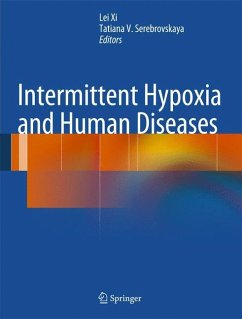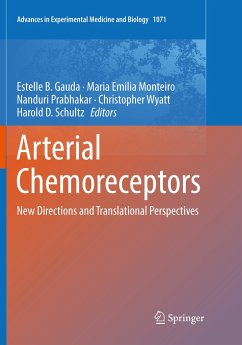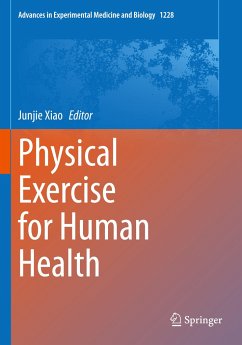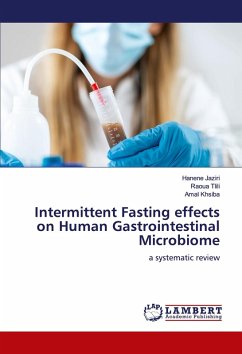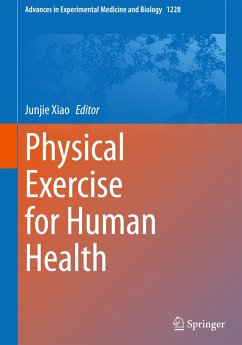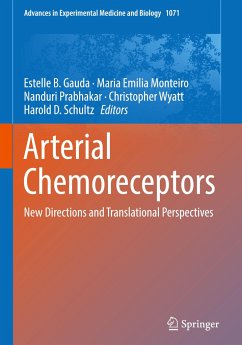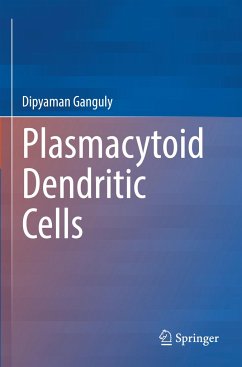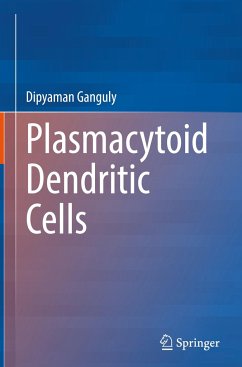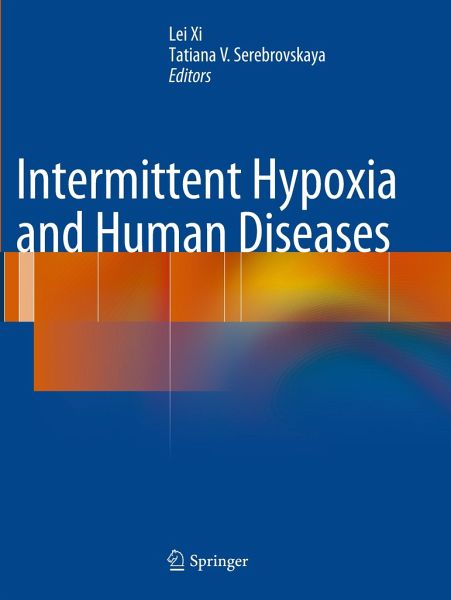
Intermittent Hypoxia and Human Diseases
Versandkostenfrei!
Versandfertig in 6-10 Tagen
91,99 €
inkl. MwSt.

PAYBACK Punkte
46 °P sammeln!
Intermittent hypoxia can cause significant structural and functional impact on the systemic, organic, cellular and molecular processes of human physiology and pathophysiology. This book focuses on the most updated scientific understanding of the adaptive (beneficial) and maladaptive (detrimental) responses to intermittent hypoxia and their potential pathogenetic or prophylactic roles in the development and progression of major human diseases.This is a comprehensive monograph for clinicians, research scientists, academic faculty, postgraduate and medical students, and allied health professional...
Intermittent hypoxia can cause significant structural and functional impact on the systemic, organic, cellular and molecular processes of human physiology and pathophysiology. This book focuses on the most updated scientific understanding of the adaptive (beneficial) and maladaptive (detrimental) responses to intermittent hypoxia and their potential pathogenetic or prophylactic roles in the development and progression of major human diseases.This is a comprehensive monograph for clinicians, research scientists, academic faculty, postgraduate and medical students, and allied health professionals who are interested in enhancing their up-to-date knowledge of intermittent hypoxia research and its translational applications in preventing and treating major human diseases.






